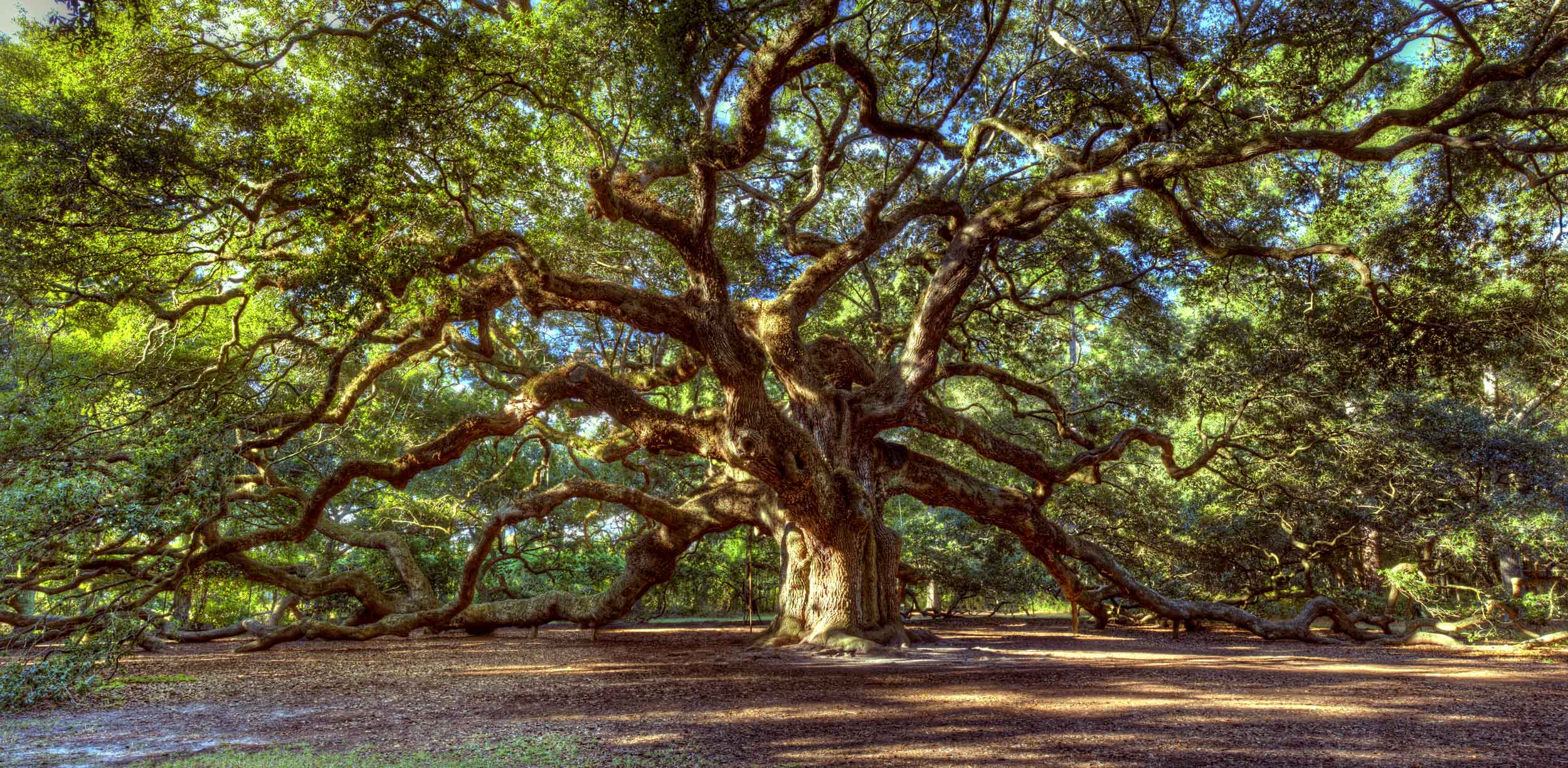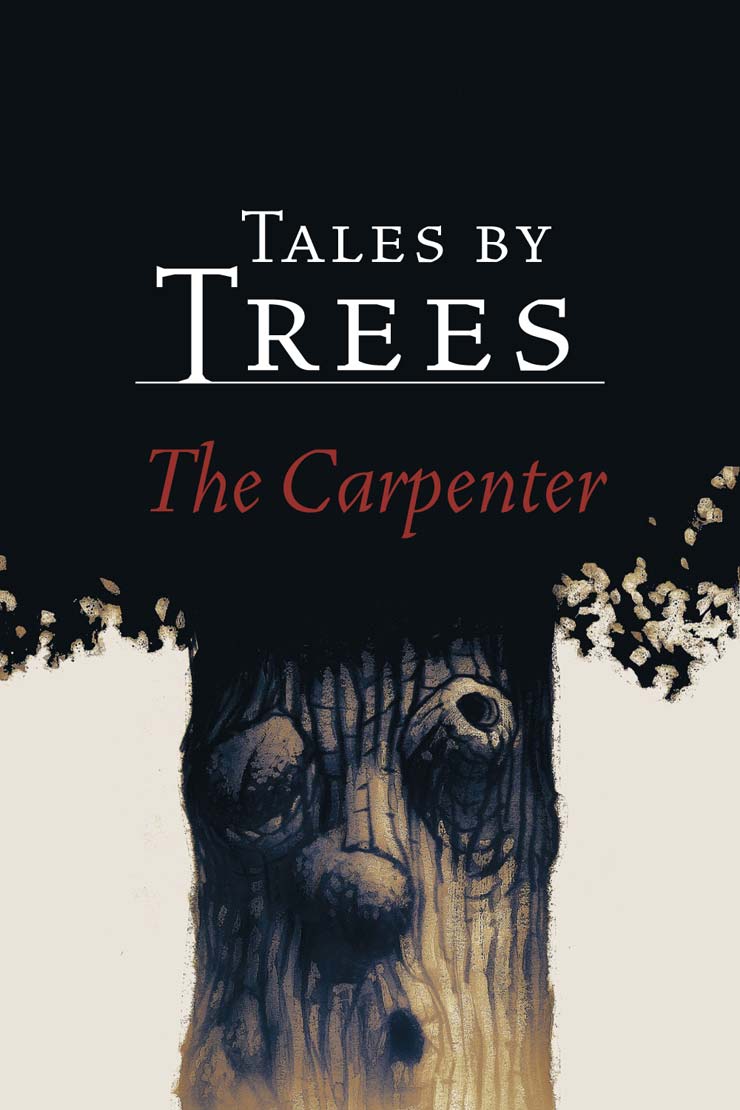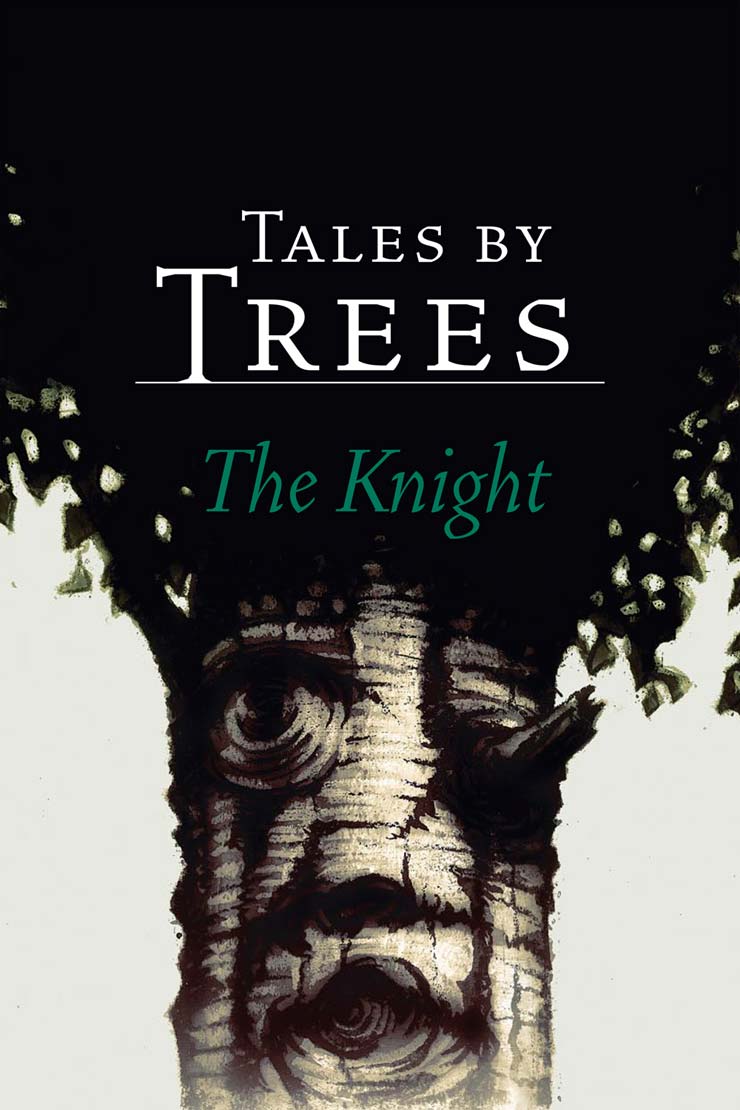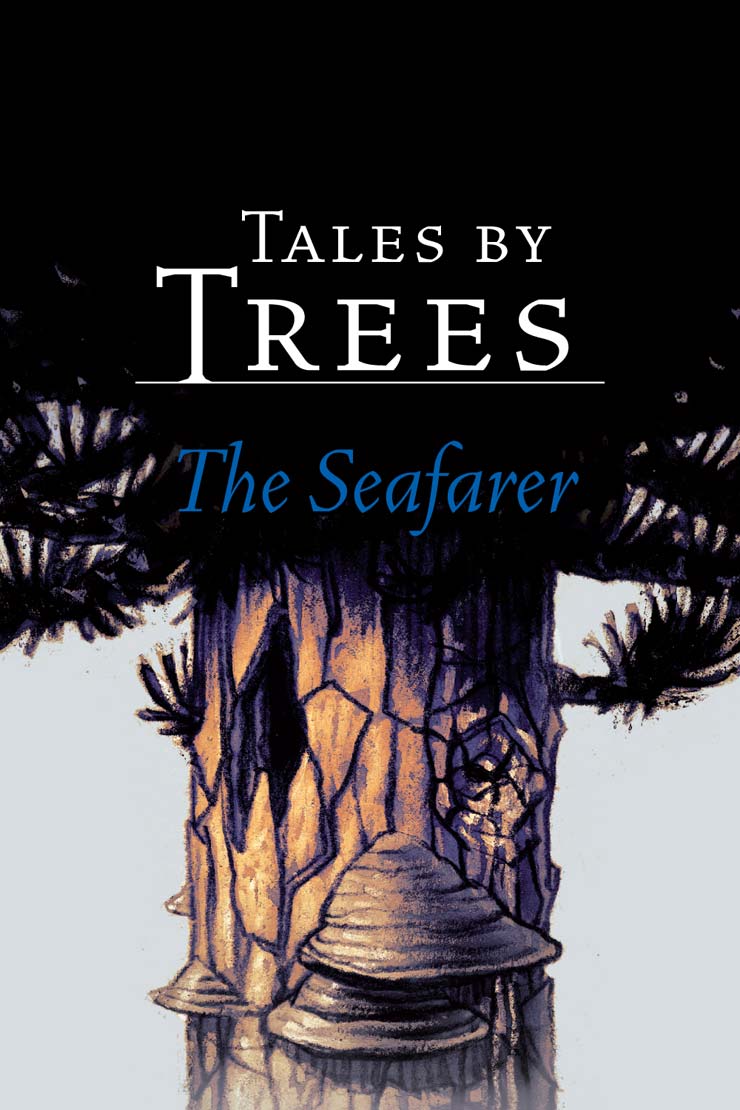
Why All English Trees May Actually Be Oaks
A tree by any other name would surely still be a tree. But why is it tree, exactly? Where did the English word come from? The answer to the question lies in a tale that spans six thousand years and covers the entire European continent.
The word tree hasn’t actually changed for a good half a millennium. For Shakespeare, a tree was just a tree, exactly like it is in today’s Modern English.
And, that I love the tree from whence thou sprang’st
Witness the loving kiss I give the fruit.
(Henry IV Part III, 1591)
We need to go further back before we start to notice any changes. When Chaucer wrote his Canterbury Tales in the late 14th century, he too used the word tree. But looks can deceive, for Chaucer’s Middle English pronunciation of the word differs from the way we or Shakespeare would say it. Observe these two rhyming lines from The Miller’s Tale:
What, Absolon! For Cristes sweete tree
Why rise ye so rathe? Ey, benedicitee!
For Chaucer, the word tree rhymed with the Latin word benedicitee. And if your Latin is a little rusty, the point here is that Chaucer’s vowel was different from what we use today. In fact, the vowel which he used no longer exists in English at all. For him, the word tree sounded pretty much like the unrelated word tre (“three”) in modern Swedish, a pronunciation of which you can hear here.
For a non-English speaker this actually makes perfect sense — in most other languages the letter e is used to note this or a similar sound. English was happily doing the same until what we call the Great Vowel Shift happened and changed the vowels in English. Spelling never caught up, and in some ways although we speak Modern English, we still write Middle English.
But let’s leave Chaucer and get back to the trail of tree etymology. When we move a few hundred years further back in time, the word tree finally starts to look a little different. In the epic Beowulf, written down around late 10th century in what we call Old English, the word appears as treow.
cwæð, he on mergenne meces ecgum
getan wolde sum on galgtreowum fuglum to gamene
(“he said, he would in the morning with the edge of his sword
gut them and leave some on the gallows-tree for ravens to rapture”)
Old English is the oldest form of English, but the history of the language – or that of the word tree – doesn’t stop there. The language was originally brought to the British Isles by Germanic tribes that immigrated there around the 5th century. They of course didn’t speak “English”, but rather a collection of West Germanic languages that had been spoken for hundreds of years in what is today’s southern Scandinavia and northern Germany.
So, what did their ancestors call a tree? Well, we don’t have actual written evidence, but linguists have been able to reconstruct their language based on evidence available to us. We call the language Proto-Germanic, as it was the ancestor of not only English, but also German, Dutch, Scandinavian languages and others in the region. The word for tree in Proto-Germanic was something like treuwaz. Just try pronouncing it. There is something very Germanic to it.
But we can go even further back with the linguistic evidence. The next stop is at around 1000 BCE, possibly somewhere a little east from where we met the Proto-Germanic speakers. The word that these Bronze Age people used for tree was most probably something like dreuom.
And we can travel even further back still, all the way to around 4000 BCE. This takes us to somewhere at the edge of Eastern Europe, possibly to around the shores of the Caspian Sea. This is the suggested homeland of the Kurgan culture, a group of people who spoke a language which linguists today call Proto Indo-European (PIE). It is the oldest known predecessor of modern day English, just like it is the ancestor of most languages spoken today in Europe, the Middle East and the Indian subcontinent. It was not the first language of course — humans have been speaking for tens, perhaps hundreds of thousands of years — but it is the oldest ancestor of English that we have any real knowledge of. This is where the trail of tree etymology ends.
PIE is so old that we don’t really know exactly what it sounded like, and there is no sign that it was ever written down. But based on linguistic evidence we are able to say with some confidence that when the speakers of PIE referred to trees, they used the word dóru. This six thousand year old word is the direct ancestor of not only the English word tree, but also words like the Albanian dru, Hittite ???????? (taru), Persianدار (dâr), Russian де́рево (derevo), Sanskrit द्रु (drú), and many others. Still today, they all have the same meaning as the English word tree.
But here’s an interesting thing: the PIE speakers appear to have derived dóru from another word. This was deru, an adjective which carried meanings like “hard”, “sturdy” and “strong”.
So, for the speakers of PIE, the linguistic ancestors of much of the world, trees literally were the sturdy ones.
But there is a further final twist to the story. Many have argued that dóru did in fact not mean just any tree, but specifically an oak tree, that particularly hard and sturdy species which the speakers of PIE considered the prototypical tree. We suspect this from the fact that while the PIE dóru became tree in English, in some other languages such as Welsh (where the word is derwen) and Greek (which has drys) it actually means oak today.
So, perhaps in a way all English trees really are oak trees.
And there you have it, tree etymology. Or, if you will, the roots of ‘a tree’.
The picture of the Proto Indo-European language family by Benoit Daoust / Shutterstock.com.






